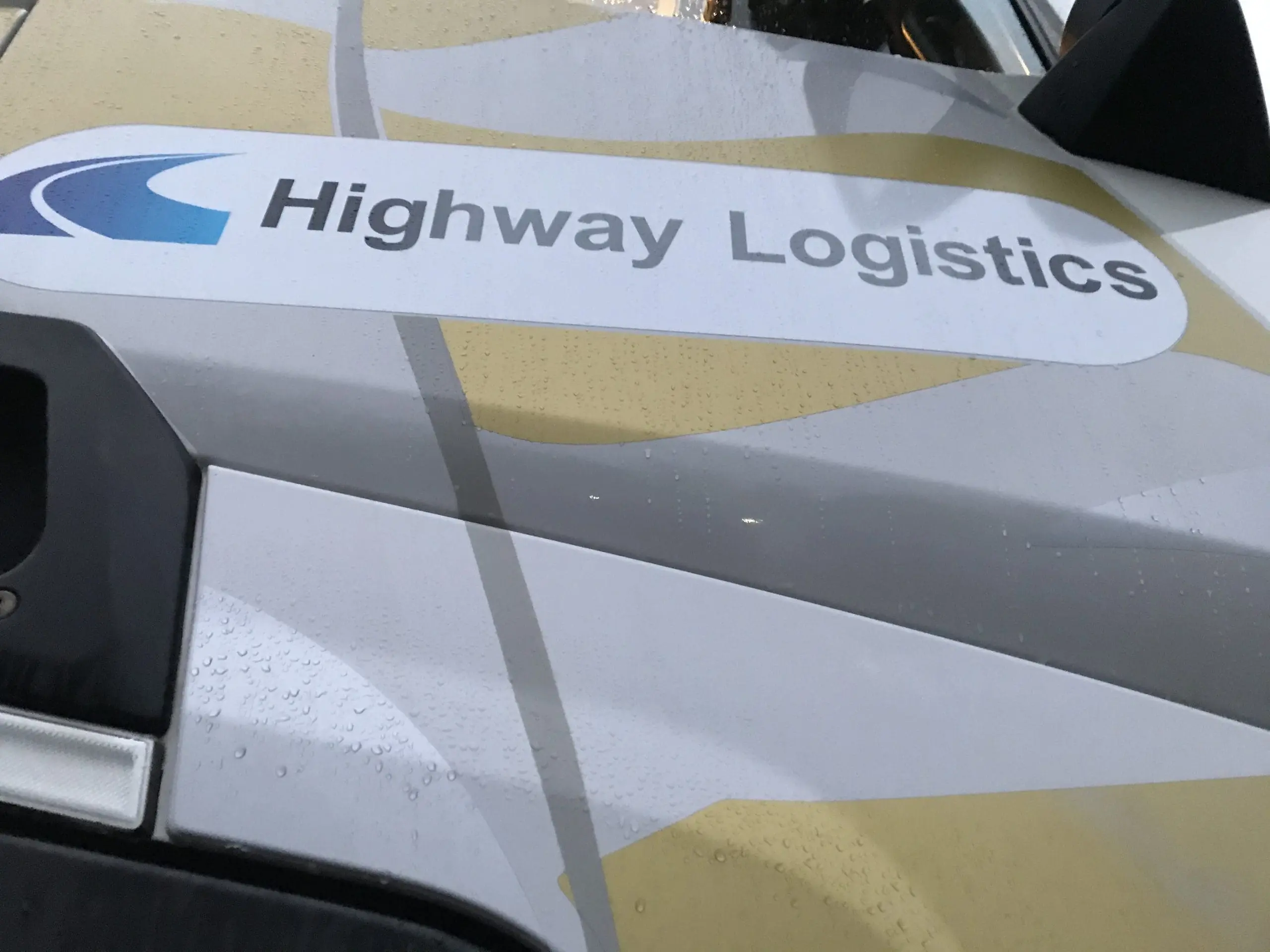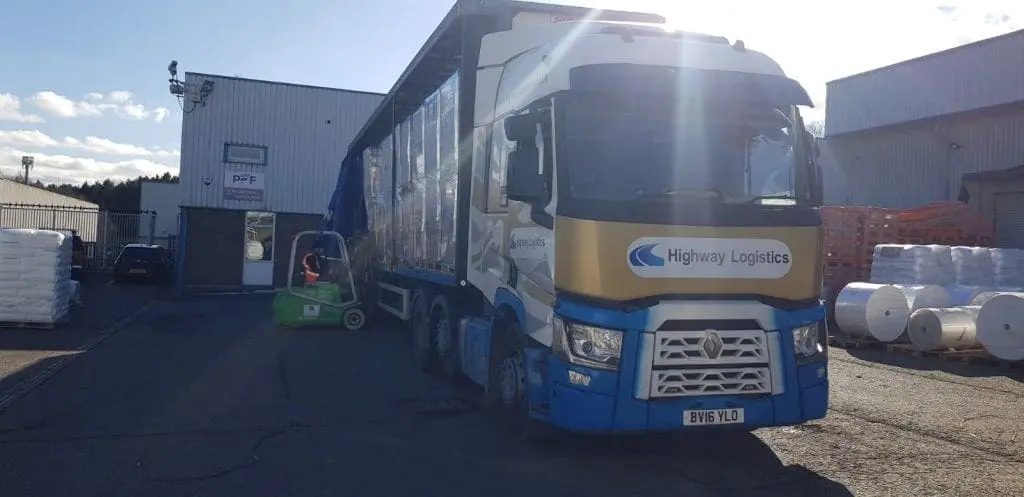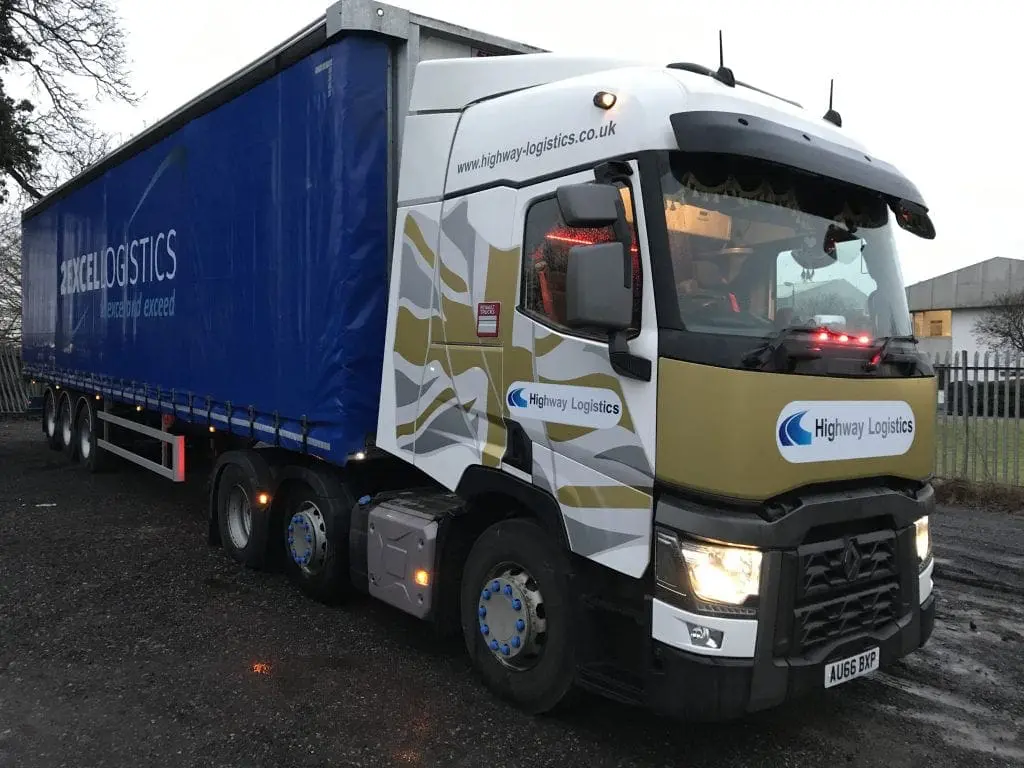Operator Licence 10-Point-Guide: HGVs For Business

Operator Licensing For HGVs In The UK
Looking to improve your compliance? Download Transport Manager Templates (→)
Operating a vehicle in the UK for commercial trade or business purposes requires operators to have an operators licence. If your business uses goods vehicles to carry your own goods, then this is a blog post you need to read!
The legislation around operators licenses and heavy goods vehicles can be complicated – here are some of the key points:
– The regulations state that operators must hold a current operators licence if they use goods vehicles for carrying passengers or for delivering goods on public roads;
– Anyone who drives a goods vehicle on any road without being covered by a vehicle operator licence commits an offence punishable with up to six months imprisonment and/or an unlimited fine;
– Operators licences come in different forms depending on how often they’re used, but anyone driving more than a certain amount of hours per year must be on an operators licence that lists the vehicle they are driving;
– A Goods Vehicle test (GVT) must always be taken before any operators licence can be issued, even if you’re transferring a licence from another country;
In simple terms – operators licences and heavy goods vehicles form the backbone of commercial road transport in the UK. The rules are designed to mean businesses taking unnecessary risks by not complying with their operators licensing requirements will see action being taken against them. Read our 10-point-guide to Operators Licences below.

1. What Is A HGV Operators Licence? (Hire Or Reward)
A operating licence is a certificate that indicates that an individual has complied with the necessary regulations and requirements to be able to operate their vehicle on public roads. This includes, but may not be limited to, having any necessary safety equipment and conducting regular checks to ensure the safety of the vehicle. You need an Operator’s Licence if you want to use a vehicle over 3.5tonnes (3500kg) plated weight for the purpose of carrying goods (including pallets and containers) in conjunction with a trade or business. The licence is required whether or not goods carriage is for hire or reward.
2. Who Needs To Apply For An Operators Licence?
An operating licence is required by anyone operating goods vehicles, buses or coaches either as a driver or as an operator. The Operator’s Licence should be applied for in the name of the person, company or partnership that is the “user” of the vehicle.
You are considered the user if:
- You are the driver and owner of the vehicle.
- The vehicle is in your lawful possession under an agreement for hire, hire purchase or loan.
- The driver is your employee or agent (i.e you pay them to drive the vehicle for you).
3. What Are The Types Of O-Licence?
Standard International Licence
This certificate enables you to carry your own goods, and those of others for hire or reward in the UK as well as abroad. You must satisfy the requirement that both you and your Transport Manager are persons who have proven good repute with a history of professional competence.
Standard National Licence
This allows you to carry your own goods on your own account, or other people’s goods for hire or reward, in the UK and to carry your OWN goods on your own account abroad.
It requires that you and your Transport Manager must each satisfy the requirement of good repute and professional competence.
Restricted Licence
This only allows you to carry your own goods on your own account within the UK and the EU. You do not have to satisfy the requirement of professional competence.
Examples of using a restricted license are: If you produce your own products and deliver them yourself or if you use the vehicle to transport tools or equipment to and from a job, e.g. a scaffolder or builder.
4. What Are The Benefits Of Getting An Operators Licence?
Operators licences are important for businesses operating goods vehicles because it allows the company to start operating legally. The operating licence also provides a number of benefits to companies operating in the haulage industry such as a reduction in insurance premiums and the prevention of unnecessary fines resulting from not having an operating licence.
5. Operator’s Licence: Are There Exceptions?
There are a few exemptions when it comes to Operator Licensing. These are the most common:
- Recovery Vehicles which are constructed or permanently adapted for the purposes of lifting, towing or transporting a disabled vehicle.
- A vehicle with equipment permanently attached to it for the life of that vehicle. Examples include permanently fixed machines or appliances eg: a road sweeper or cherry picker. The only goods or burden these vehicles are allowed to carry
- Vehicles being used for or in connection with snow clearing, and the distribution of salt or grit.
6. Vehicle Operator Requirements
To qualify for an Operator’s Licence, whether it is Standard or Restricted Licence, you must satisfy a traffic commissioner that you:
- The applicant must be properly established in Great Britain. “Established” in this context means have premises in which the operator keeps their core business documents (eg: personnel, driving and vehicle maintenance records). Therefore, a PO Box or third party address cannot be used for correspondence on a standard license.
- Must have a transport manager that is of good repute and professionally competent.
- The licence holder must have “access” to a vehicle. This means that the holder owns at least one vehicle or has in place a formal contract with a hire company, other operator or other organisation to hire one when needed.
- Are of good repute and fit to hold a licence.
- Are of appropriate financial standing eg: you have enough money to run your business.
- Have suitable facilities or arrangements for maintaining your vehicles.
- Are capable of ensuring that both you and your staff obey all the rules.
For a Standard Licence there are three other requirements:
Note: Licence holders are not required to own or hire a vehicle all the time, for example where licences are granted for seasonal work. However in these cases, a formal agreement must be in place to hire or otherwise secure access to a vehicle when one is required. A license cannot be granted when no vehicles are in possession and no formal hire agreement is in place.
7. Operator’s Licence: Business Requirements
Since you cannot keep goods vehicles over 3.5t GVW on a public road you are going to need a safe and secure facility to base your vehicles. This is your Operating Centre and should have sufficient off-street parking for all your vehicles and trailers.
When you apply for a licence you will be asked to list your proposed operating centres and provide information about the vehicles you intend to keep there. If you do not own the operating centre you may be asked to provide evidence that you are entitled to use it. You will also need to satisfy a traffic commissioner that your operating centres are suitable, for example, that they will:
- Be big enough.
- Have safe access.
- Be in an environmentally acceptable location.
Change to financial standing from 1 January 2021
By law, the Department for Infrastructure (DfI) must be satisfied that goods vehicle operators have enough financial resources to run their businesses and maintain their vehicles properly.
From 1 January 2021, the financial standing requirements for standard national and international goods vehicle operator licences are set by The Licensing of Operators and International Road Haulage (Amendment etc.) (EU Exit) Regulations 2019 (and no longer by Regulation (EC) 1071/2009), and are as follows:
Standard Operator’s Licence
For: Rates first vehicle £8,000 – Each additional vehicle £4,500
Restricted Operator’s Licence
The rates of finance needed to support a restricted licence are set by DfI.
The financial levels for restricted licence holders will stay the same for 2021.
For: Rate first vehicle £3,100 – Each additional vehicle £1,700
8. How To Apply For An Operating License
Application
Vehicle operator licensing will become a digital-only function during the contingency arrangements associated with COVID-19. As such, the directions should be as follows:
To apply for a new operator’s licence:
- apply for a vehicle operator licence (gov.uk)
- how to apply for a goods vehicle operator’s licence (Gov.uk YouTube)
To make changes to an existing licence:
- manage your vehicle operator licence (gov.uk)
- how to apply to change your goods vehicle operator’s licence (Gov.uk YouTube)
To get a restricted licence you will have to satisfy standards of fitness and finances.
For a Standard licence, you must show good repute, financial standing, establishment and professional competence. You must also advertise your operating centres, meet environmental standards and agree to a number of undertakings and conditions.
How Long Does It Take?
Applications usually get a decision within 40 days if you apply online, but it can take longer.
9. Can I apply for an interim licence to start operating sooner?
You could write to the Traffic Area Office giving reasons why you want to operate urgently. The Traffic Commissioner may issue an interim licence, but can only do so if you have applied for a full licence. A fee will be charged for the issue of the interim licence and for each vehicle specified for use. When the fee is paid a vehicle identity disc will be sent to you for display on the windscreen.
Remember: an interim licence does not guarantee that you will get a full licence. Until you get a firm decision on that, you would be unwise to make any long term commitments.
10. Where can I find more information about operators licences in the UK
The full government guide for O-licences can be found here.

Highway Logistics And O-Licence Training
An operator’s licence (or O licence) is the legal authority needed to operate goods vehicles in Great Britain. A licence is issued by the Traffic Commissioner – the independent regulator of the commercial road transport industry; a Traffic Commissioner also has powers to take regulatory action against a licence holder where they fail to meet the expected standards of operation. This action includes curtailment (limiting or reducing the number of vehicles an operator is able to operate), suspension (temporarily stopping operations) or revocation (permanently removing an operator’s licence to operate commercial vehicles).
The full government guide for O-licences can be found here.
Training
Highway Logistics can supply training with regards to O licence compliance. Here are some examples of the content provided as well as the benefits of the training for both drivers and operators.
Course Content
- Operator licencing system.
- Vehicle checks and defect reporting.
- Overview of EU drivers’ hours rules and working time regulations.
- Driver licencing.
- Enforcement systems, procedures and penalties.
Benefits Of Attending
- Demonstrates the consequences of non-compliance for both operator and driver.
- Enhances knowledge and understanding of road transport law.
- Greater understanding of the OCRS system and powers of enforcement.
Highway Logistics can provide thorough O licence training and operators licence awareness training for businesses.
Get in touch with your needs today!
More Transport Manager Resources can be found here.
Looking to improve your compliance? Download Transport Manager Templates (→)

2 Comments